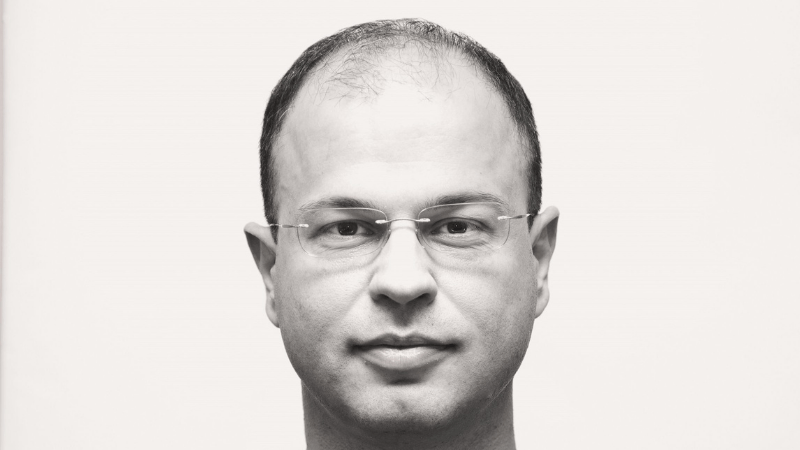International press freedom organisations have jointly condemned the ongoing persecution of Montenegrin journalist and The Shift contributor Martinović following the confirmation of a verdict sentencing him to 12 months in prison
The 12 organisations including Reporters Without Borders, Article 19, the International Press Institute, and the European Centre for Press and Media Freedom called for the strengthening of the country’s judicial system. They noted that the confirmation of the verdict “despite a lack of evidence” could impact Montenegro’s EU aspirations.
“We condemn the verdict and regret that the Court of Appeals has not seized the opportunity to acquit the internationally awarded journalist and send a message of support to investigative journalism in Montenegro,” the organisations said in a statement.
While Martinović will not spend time in prison due to time served, he will have a criminal record purely due to his work exposing crime and corruption reaching the highest echelons of Montenegrin politics. Martinović helped uncover the windfarm scandal in Montenegro as well as the operations of Vitals Global Healthcare in the Balkans in cross-border investigations with The Shift.
The investigative journalist, who also contributed to The Economist, Time, and the Financial Times, among other international publications, was originally convicted for being part of a criminal organisation and being involved in drug trafficking. He was, at the time, investigating these very matters and had set up a meeting with sources to discuss arms smuggling in France.
The authorities arrested him in October 2015 and claimed that he was involved in the illegal matters he was investigating. He was imprisoned for 15 months.
In October 2020, the High Court of Montenegro sentenced him to one year in prison for drug trafficking. Yesterday, his appeal was rejected, and an appeal brought by the state calling for these charges to be reinstated was also rejected.
“This offers little solace either to Jovo Martinović or other investigative journalists who can read the ongoing judicial persecution as an attempt to dissuade and chill reporting of corruption and organised crime in Montenegro. Investigative journalism is not a crime and should not be treated as such by the Montenegrin authorities,” the international organisations said.
#Montenegro: @RSF_inter & 11 other organisations deplore that the verdict condemning #JovoMartinovic was upheld on appeal despite a lack of evidence against the journalist. Independence of the justice must be strengthened if 🇲🇪 wants to enter in the #EU.https://t.co/ZOXWxfd3Fs pic.twitter.com/qUJbpdNXjk
— RSF in English (@RSF_en) March 30, 2021
The organisations said “there remain few precedents for this level of judicial persecution aimed at an investigative journalist in the Balkans and Europe more broadly and highlights a significant failure for the rule of law, which remains important as Montenegro is seeking ascension to the EU”.
In a 2020 report, the European Commission highlighted that while there are legal guarantees in place to protect judicial independence, the system is still “vulnerable to political interference”. To ensure this situation does not continue and to build trust in the judicial system, these guarantees need to be strengthened as a priority.
The organisations called on Montenegrin authorities and courts to work in line with their commitment to media freedom and European standards, as part of their commitment to the ascension process for the EU, to ensure Martinović is not further criminalised or persecuted for his journalism.













I am in awe of the amount of courage Martinovic and others like him have.